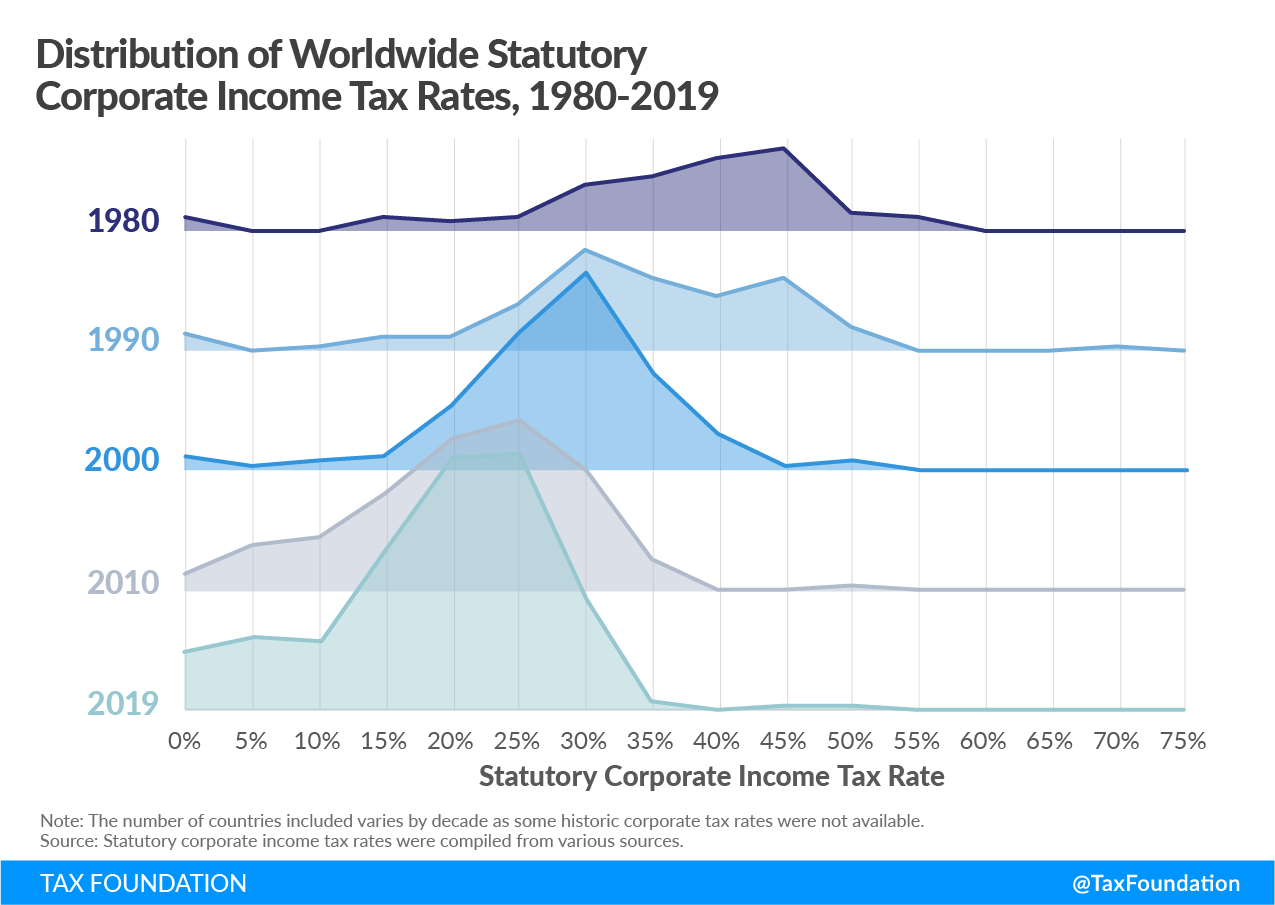In the ongoing discussion about U.S. trade policy, Rick Scott tariffs have emerged as a focal point for many lawmakers, reflecting a significant shift in how the country approaches international trade. Scott, a staunch supporter of former President Trump’s tariff strategy, believes that these tariffs are essential for leveling the playing field and protecting American workers. He argues that by imposing duties on imports, particularly from countries like China, the U.S. can compel its trading partners to decrease their tariff barriers, ultimately bolstering the American economy. This perspective highlights a contentious debate on the impact of China tariffs and how they affect global trade dynamics. As trade negotiations continue to reshape the economic landscape, the effects of Scott’s proposed tariffs serve as a critical point of discussion regarding the future of American workers and the overall economy.
Exploring the broader implications of trade duties, the concept of Rick Scott tariffs illustrates a significant pivot in U.S. economic strategies underpinned by the Trump administration. This approach to international economic relations not only emphasizes the necessity of protecting domestic jobs but also scrutinizes the influence of foreign nations on American industry. With a keen eye on the economic outcomes for American labor, the discourse surrounding these import taxes opens up important conversations about tariffs and their role in international trade negotiations. Observers are particularly interested in how these tariffs, especially concerning rising tensions with China, could reshape the American marketplace and influence the financial well-being of countless workers. As the nation navigates these developments, the interconnectedness of tariffs, trade policies, and the broader economy becomes increasingly evident.
The Advantages of Rick Scott’s Tariff Strategy for American Workers
Senator Rick Scott argues that the implementation of tariffs, particularly those endorsed during the Trump administration, is primarily focused on fostering a fortuitous environment for American workers. By imposing tariffs on imports, Scott believes that domestic industries are shielded from international competition that may undermine their profitability. His assertion is that reducing or eliminating these foreign barriers, in turn, enables American products to compete more effectively on the global stage, ensuring more sales and job security for U.S. workers. This perspective aligns with a broader economic doctrine that seeks to reinvigorate local manufacturing and create a more balanced trade landscape.
Moreover, the senator posits that the tariffs are not merely punitive but serve as a catalyst for renegotiating trade terms that favor American exports. In his view, achieving a level playing field through tariffs can promote an increase in homegrown production and, consequently, provide a substantial boost to the national economy. By advocating this strategy, Scott emphasizes the importance of protecting American jobs while simultaneously encouraging other countries to align their tariff structures in a way that does not disadvantage U.S. manufacturers.
The Impact of China Tariffs on U.S. Trade Relations
The tariffs imposed on China, reaching as high as 145 percent, represent a significant shift in U.S. trade policy and reflect Rick Scott’s hardline stance against what he perceives as China’s economic aggression. By targeting China with such high tariffs, Scott aims to pressure the nation into reforming its trade practices, which he believes are detrimental to American businesses and workers. The immediate effect has been a reactive tariff strategy from China, resulting in reciprocal tariffs on U.S. goods, further complicating the trading relationship and sparking fears of an escalating trade war.
In discussions about the long-term implications of these tariffs, Scott maintains that a robust strategy towards China’s economy is imperative for national security and economic stability. His view is that economic decoupling from China is essential to safeguard American interests and to shift the balance of trade positively in favor of the U.S. The ramifications of these tariffs extend beyond mere economic transactions; they influence foreign policy and diplomatic relations, placing America in a precarious position as it navigates its stance towards global trade partners.
Balancing U.S. Trade Policy Amid Economic Turbulence
As the U.S. grapples with the immediate economic repercussions of the tariffs, including volatility in financial markets and concerns over GDP contraction, Scott’s advocacy for aggressive trade policies has sparked significant debate among economists and politicians alike. While some argue that the tariffs could help balance U.S. trade relations and support domestic production, others fear that they will lead to higher consumer prices and inflation. This dichotomy underscores the complexity of implementing trade policies that aim to protect American workers while also acknowledging the interconnected nature of the global economy.
Furthermore, Scott’s call for a comprehensive approach to U.S. trade negotiations emphasizes the need for a nuanced strategy that considers both retaliation and collaboration. By balancing his aggressive tariff stance with the potential for future negotiations, he suggests that a holistic view of trade policy may allow the U.S. to emerge stronger from these economic challenges. His vision casts a spotlight on the necessity of viewing tariffs not as an end but as a means of securing beneficial trade agreements that uplift American economic interests.
Critiques of Rick Scott’s Tariff Approach
Despite Scott’s firm convictions regarding the effectiveness of tariffs in protecting American workers, many economists express skepticism. Critics argue that such unilateral measures can provoke retaliations from trading partners, which may lead to a detrimental cycle of trade barriers. In this context, Jason Furman’s concerns about the long-term economic implications of Trump’s tariff strategy resonate strongly. Economists fear that instead of fostering growth and investment in American industries, adverse relationships created by high tariffs could stifle competition and innovation.
Furthermore, the debate surrounding tariffs raises critical questions about their impact on the American consumer. Increased prices due to tariffs can reduce purchasing power, ultimately affecting the cost of living and economic mobility for many families. Critics suggest that while tariffs may benefit certain sectors in the short term, the broader economic fallout, including inflationary pressures, could undermine any perceived benefits. This highlights the necessity for a more balanced approach that considers both the protective intentions of tariffs and their potential negative consequences.
Senator Scott’s Vision for Trade Negotiations
Rick Scott’s opinions on trade negotiations reveal a strategic focus on simplicity and decisiveness. His advocacy for straightforward agreements reflects a desire to cut through bureaucratic complexities and deliver tangible benefits to American workers. By emphasizing the need for straightforward dialogues without excessive barriers, Scott aligns with a more populist approach to trade, suggesting that clarity and transparency should precede negotiation strategies.
In this arena, Scott’s vision is underpinned by a distinct anti-China sentiment, reinforcing his belief that trade negotiations should be centered around prioritizing American interests over foreign agendas. This approach seeks to encourage a revision of existing trade agreements that have historically placed American producers at a disadvantage. Ultimately, Scott believes that restructuring trade relations in favor of American workers is essential to revitalizing the economy and securing a competitive edge on the global market.
Balancing Tariffs and Economic Growth
In the context of balancing tariffs while promoting economic growth, Senator Rick Scott emphasizes that tariffs should serve as protective mechanisms without stifling economic opportunity. His argument centers around the notion that while tariffs can shield American industries from international competition, they must be carefully calibrated to avoid creating excessive burdens on consumers and businesses. Scott believes that navigating this trade-off is vital for establishing a sustainable economic environment where domestic production flourishes.
Additionally, the senator’s response to the complexities of tariffs reflects a broader understanding of the interconnected nature of global markets. He acknowledges that while protectionism can provide immediate relief, it also poses risks of economic isolation. Scott suggests that U.S. trade policy should not only focus on imposing tariffs but also include avenues for constructive engagement with international partners to foster mutual economic benefits, ensuring a robust long-term economic outlook.
Strategies for Economic Recovery amidst Tariffs
As the U.S. faces economic challenges stemming from the implementation of tariffs, Rick Scott advocates for comprehensive strategies to ensure economic recovery. He believes that a proactive approach is necessary, focusing on stimulating domestic markets while addressing potential inflationary impacts that could arise from higher import prices. His commitment to a balanced budget and reducing national debt underscores the necessity of fiscal responsibility in this recovery process.
Moreover, Scott’s advocacy for restructuring U.S. trade policy highlights the importance of leveraging tariffs as tools for negotiation rather than as isolated measures. By emphasizing the potential for economic growth through strategically negotiated trade agreements, he seeks to create pathways for American producers to thrive in the face of global adversity. His vision is one where American workers can regain their competitive edge, sustaining growth through both protective measures and collaborative economic strategies.
Economic Implications of Scott’s Tariff Policies
The economic implications of Rick Scott’s tariff policies continue to elicit intense discussion. While the primary goal is to bolster domestic industries and safeguard American jobs, critics argue that these tariffs could lead to unintended consequences such as higher consumer prices and strained retaliatory measures from other nations. The debate reflects a broader concern about the effectiveness of using tariffs as tools for long-term economic sustainability.
Furthermore, as U.S. trade policy evolves, Scott remains steadfast in his belief that the benefits of tariffs can outweigh the drawbacks if managed effectively. He stresses the importance of understanding the impact of these policies not only on industries but also on the everyday lives of American consumers. By advocating for careful consideration of the economic landscape, Scott hopes to guide policymakers toward solutions that promote both national interests and economic vitality.
Long-Term Vision for American Trade Policy
Rick Scott’s long-term vision for American trade policy revolves around a commitment to protecting American industries while fostering an environment conducive to economic growth. He argues that U.S. trade policy must evolve to reflect the changing global landscape, particularly in light of challenges posed by nations like China. His belief is that a robust trade framework is essential for maintaining competitiveness and ensuring that American workers can thrive in an increasingly interconnected world.
Scott’s vision underscores the necessity to balance protective tariffs with opportunities for international collaboration. He envisions a trade policy that not only shields against unfair practices but also opens doors for future trade negotiations that prioritize American interests. By advocating for this dual approach, he seeks to position the U.S. as a leader in fair trade practices, encouraging a more collaborative global trading environment in the long run.
Frequently Asked Questions
What are Rick Scott’s views on the Trump tariff strategy and its impact on American workers?
Senator Rick Scott supports the Trump tariff strategy, arguing that it is designed to level the playing field for American workers. He believes that by imposing tariffs, the U.S. can compel other countries to reduce their own trade barriers, ultimately benefiting American manufacturers and laborers.
How do Rick Scott tariffs aim to reshape U.S. trade policy?
Rick Scott tariffs were implemented as part of a broader initiative to restructure U.S. trade policy, which includes imposing tariffs on various nations to protect American industries. Scott argues that these tariffs will encourage countries to negotiate better trade agreements and reduce barriers to U.S. exports.
What is the anticipated effect of Rick Scott tariffs on the American economy?
Rick Scott suggests that the tariffs will positively impact the American economy by supporting domestic manufacturers and creating more sales opportunities for American products. However, there are concerns among economists about potential negative effects, such as inflation and a possible economic downturn.
How do the China tariffs impact the U.S. economy according to Rick Scott?
Rick Scott believes that the tariffs imposed on China, which are significantly higher than those on other nations, will help protect American jobs and reduce the trade deficit. He asserts that a robust economic stance against China is necessary for the security of the U.S. economy.
What concerns does Rick Scott have regarding trade negotiations with China?
Senator Rick Scott is critical of the ongoing trade relationship with China, advocating for a stance that would minimize trade with them. He fears that the only way to avoid conflict with China is to severely weaken their economy through tariffs and trade restrictions, reflecting his broader concerns about China’s global influence.
What is Rick Scott’s position on the potential for inflation caused by tariffs?
Rick Scott has expressed uncertainty about the impact of tariffs on inflation. He believes that inflation can only be controlled with a balanced budget and suggests that the long-term effects of tariffs on inflation remain to be seen.
How does Rick Scott’s stance on tariffs align with U.S. trade policy goals?
Rick Scott’s stance on tariffs aligns with a goal of making U.S. trade policy more favorable to American workers by pushing for reduced trade barriers from other nations. He argues that these tariffs are a necessary tool to reshape international trade dynamics in favor of the U.S.
What does Rick Scott propose as a solution to the trade deficit?
Rick Scott argues that tariffs can help close the trade deficit by encouraging domestic production and reducing import reliance. He believes that by imposing tariffs, the U.S. can enhance the competitiveness of American products in the global market and encourage other nations to lower their tariffs in response.
| Key Point | Details |
|---|---|
| Rick Scott’s View on Tariffs | Scott argues that tariffs will help American workers by leveling the playing field and compelling other nations to remove their tariffs. |
| Trade Policy Shift | The U.S. recently announced a series of tariffs on most nations, aiming to reshape trade policy, which has led to market volatility. |
| Concerns About China | Scott considers China a serious competitor and advocates for no trade with China to prevent conflict. |
| Economic Impact | While Scott believes tariffs will bolster U.S. manufacturing and support jobs, economists like Jason Furman warn of potential economic harm. |
| Tariff Rates | A 10% tariff is applied to most countries, while China faces a steep 145% tariff, prompting retaliation from China with a 125% tariff on U.S. imports. |
| Inflation Concerns | Scott is uncertain about the impact of tariffs on inflation and emphasizes the need for a balanced budget to control it. |
Summary
Rick Scott tariffs are a contentious topic in U.S. economic policy, as Senator Rick Scott defends the implementation of tariffs to support American workers against international competition. By arguing that tariffs will incentivize other nations to lower their barriers to American goods, Scott aims to promote U.S. manufacturing. However, this approach has drawn criticism from economists who warn about potential negative impacts on the economy and market stability. Scott’s focus on stringent tariffs, especially against China, highlights his stance on prioritizing American economic strength, though many are concerned about the long-term effects of such policies.



